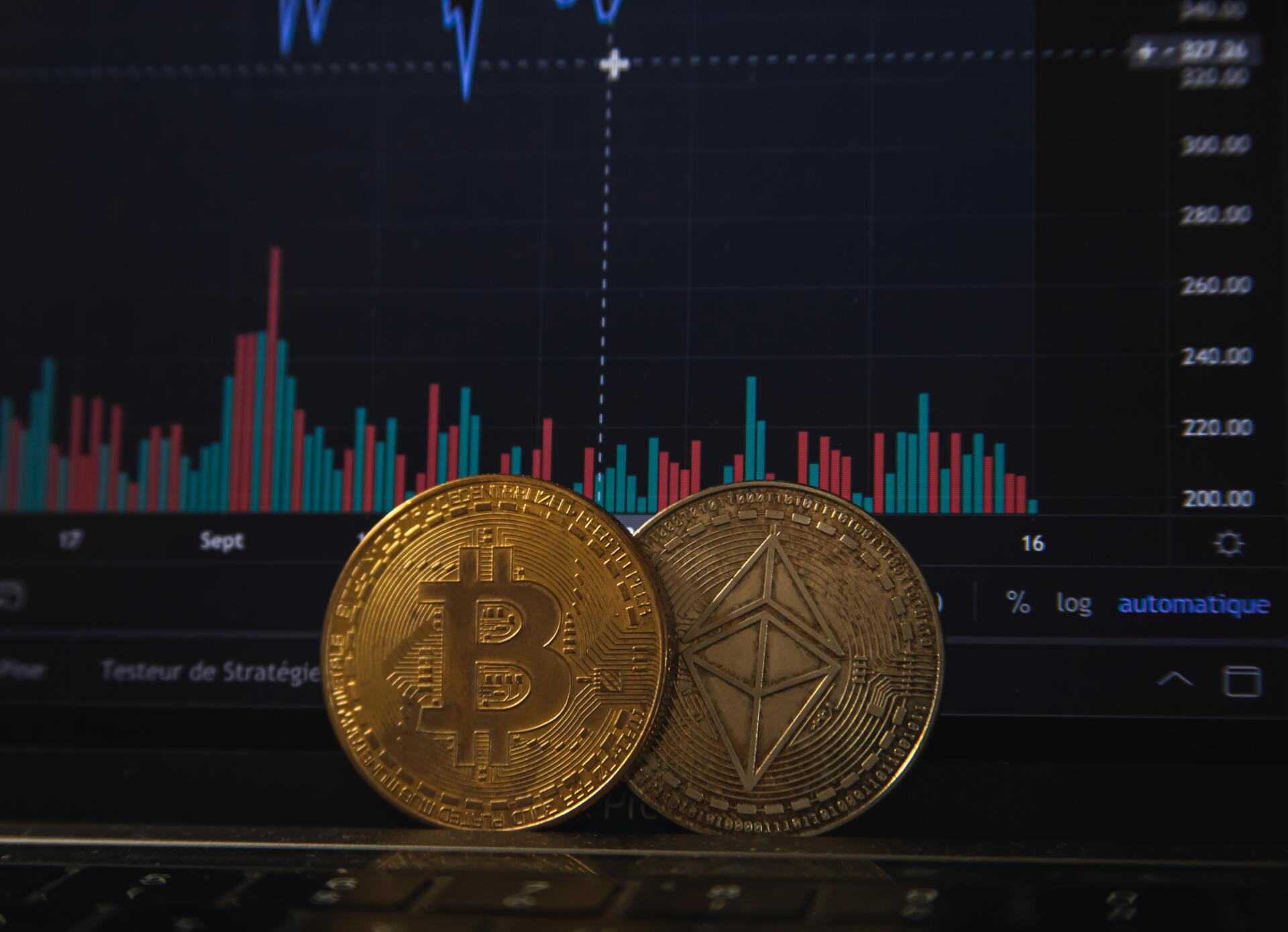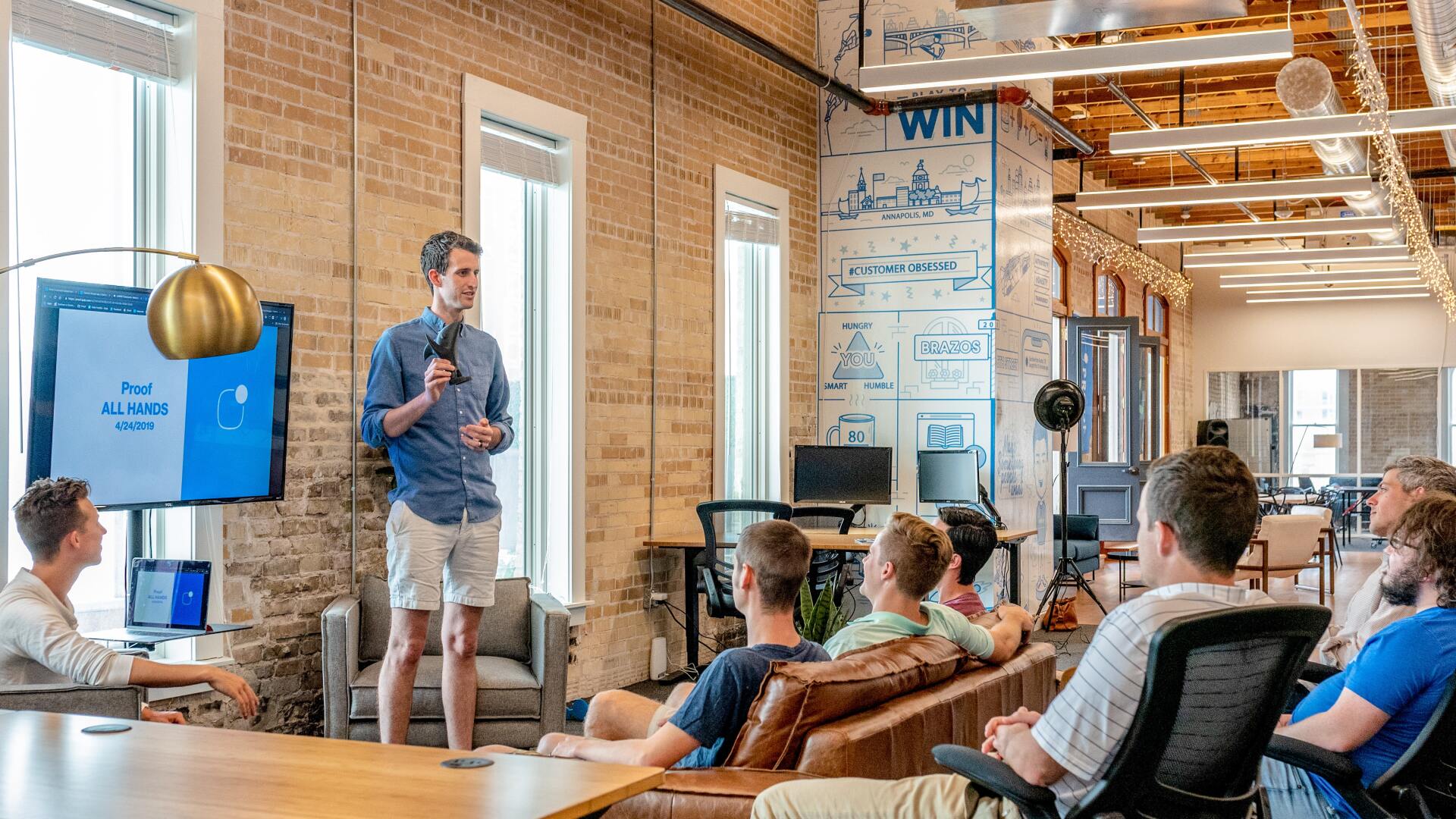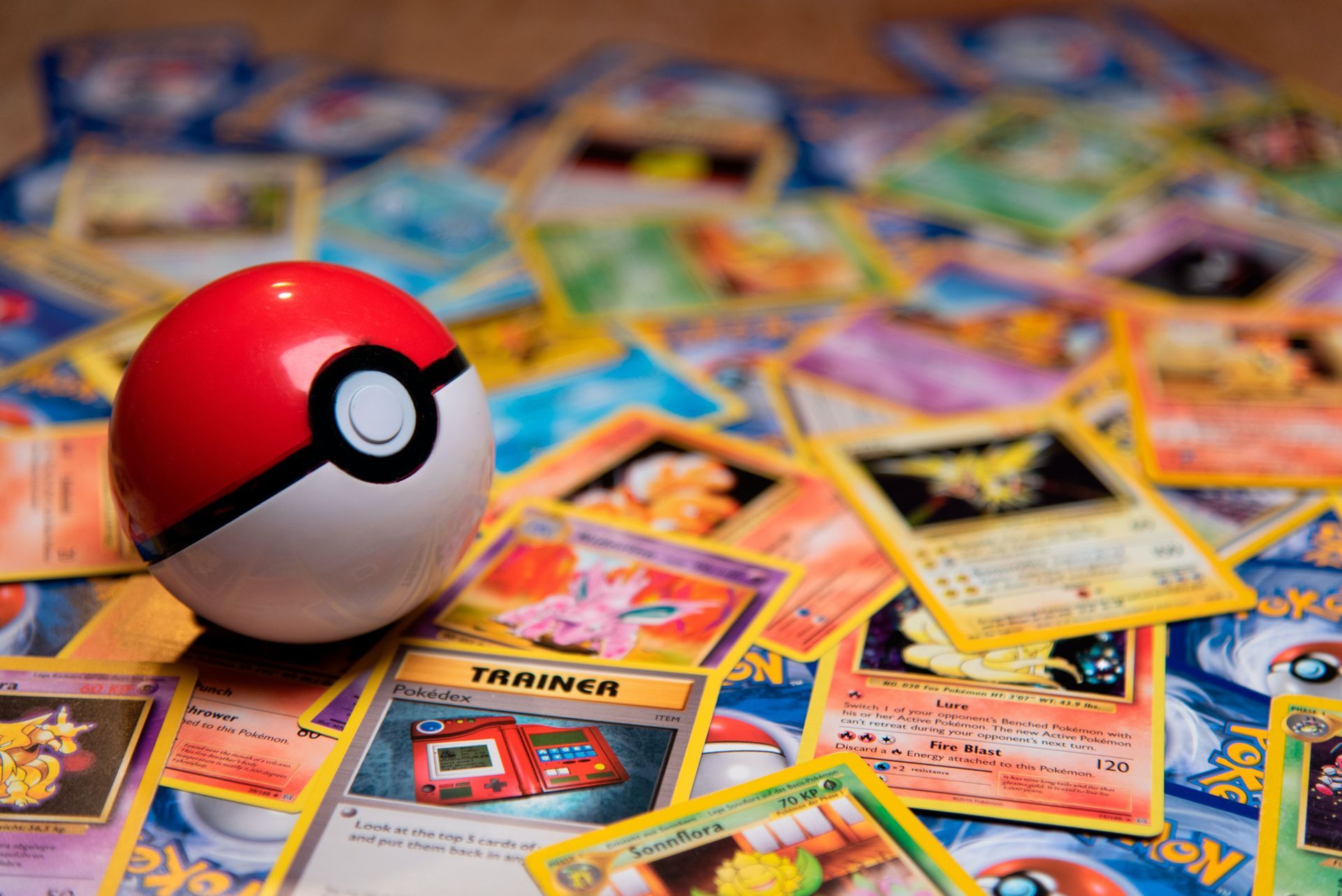Denver Police Shooting Prompts Food Truck Ban
The Situation
Mass shootings have become an unfortunate mainstay in the American news cycles. While many are carried out by civilians, unjustified police shootings are sadly not uncommon in the US either. A recent incident in Denver left six injured and will end up far reaching ripple-effects for many in the community who had absolutely nothing to do with it.
The shooting occured at around 1:30 in the morning in Denver’s Lower Downtown (LoDo) neighborhood. The area is a historic district full of restaurants, bars, and all manner of late night buzz which was what a handful of people were enjoying while they waited in line for a food truck at that time. Police were responding to an altercation taking place in front of an area beer hall when they confronted 21 year old Jordyn Waddy.
The police correctly noted the possible handgun in Waddy’s hoodie pocket or waistband, but police bodycam footage shows that Waddy reached into his hooded sweatshirt pocket seemingly to drop the weapon onto the ground. Officers responded to the situation by opening fire. Waddy and five bystanders in line at the food truck were injured.
The Food Truck Ban
While the police have admitted that ‘something went wrong’ with their approach in this case, the City of Denver and the Denver Police Department (DPD) put the spotlight on a larger trend of crime, disorder, and large crowds in the area at night. Their response has been to ban food trucks from the area on the busy weekends.
Food trucks have enjoyed the lucrative stream of business due to their proximity close to the bars and late night haunts of the neighborhood. With this ban they have been forced to set up many blocks away where there is far less business. Sanjin Mutic, an immigrant from Bosnia who runs a gyro food truck with his family, spoke to the city council about the matter. He argued that the ban would do little to reduce the problems that the government is trying to solve and it would end up negatively impacting those who run the food trucks.
The Negative Effects
The vast majority of food trucks affected in the area are small-businesses owned by immigrants. Those who put in the work on the weekend evenings serving customers there have depended on the business to support their families. Mutic noted that the 20 or so food trucks there support 30 to 40 family livelihoods.
The city has since modified the ban to allow six food trucks to apply to operate in the LoDo district on those weekend evenings although they will be required to close by midnight. This still does not make up for the loss and hardship that the full ban inflicted and it still severely hampers the food truck economy that used to operate freely. Applicants have also complained about issues with the online application portal.
Law enforcement’s initial mistake of wrongfully opening fire on civilians has now opened up a whole other can of worms where the solution does little to address the issue and goes on to cause more problems that affect even more people.
The Local Economist
Your Home for Entrepreneurial News, Local Business Spotlights, and Trends that Matter
join the newsletter
Recent Posts







Share This...







